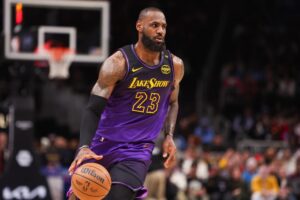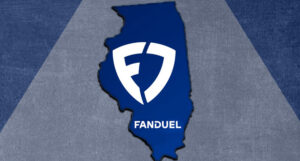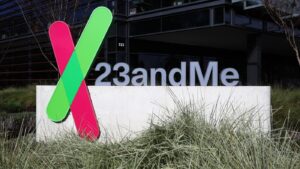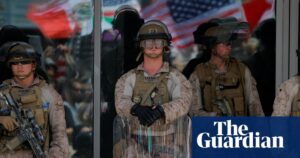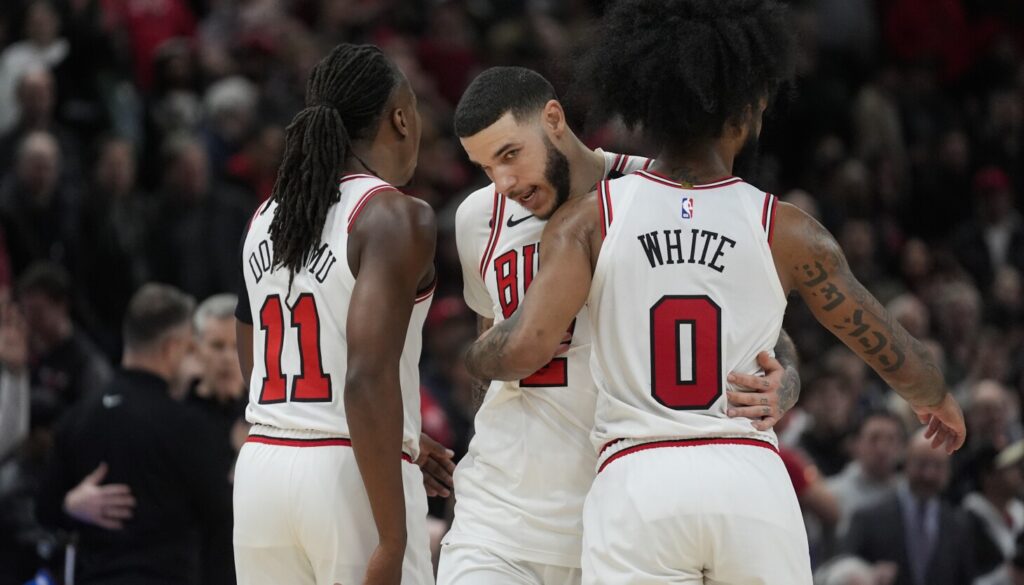
In a bold move to reshape their roster dynamics, the Chicago Bulls have traded Lonzo Ball to the Cleveland Cavaliers in exchange for defensive forward Isaac Okoro. This strategic shift, confirmed by sources on Saturday, marks the Bulls’ intent to transform from a team often targeted by opponents to one that dictates the pace and style of play.
The trade comes on the heels of serious discussions involving both Ball and Coby White, as reported by the Sun-Times earlier this week. General Manager Marc Eversley hinted at this significant change in direction during a press conference on Wednesday, citing the Indiana Pacers’ relentless style as a model for the Bulls’ future.
Strategic Vision: Building a Versatile Roster
Eversley emphasized the need for a roster capable of playing both offensively and defensively, akin to the Pacers’ approach. “What I take away from Indiana is their style of play. They continue to come at you over and over. They play fast in spite of the score or what quarter it is,” he stated. “They’ve got a bunch of players that can play on both sides of the floor, and that’s exactly what we want to build here in Chicago, players who are versatile.”
However, the current Bulls lineup, particularly the backcourt with Ball and Josh Giddey, has been criticized for its defensive vulnerabilities. With Giddey expected to sign a lucrative contract extension, the focus has shifted to strengthening the wings, a role Okoro is anticipated to fill.
Lonzo Ball: A Talented but Injury-Prone Guard
While Ball is recognized for his defensive prowess, his career has been marred by injuries. He missed over two-and-a-half seasons due to a significant knee procedure and played only 35 games last season because of a wrist injury. This history of limited availability has been a concern for the Bulls as they aim for consistency and reliability on the court.
Okoro, drafted just after Patrick Williams in 2020, has not fully met expectations but brings a strong defensive mindset and availability to the Bulls. His addition is seen as a step towards reinforcing the team’s defensive capabilities.
Financial Implications and Future Moves
Financially, the trade is relatively balanced. Ball was set to earn $10 million this season, with a team option for 2026-27, while Okoro’s contract stands at $11 million this year, rising to $11.8 million in 2026-27. Although this slightly impacts the Bulls’ financial flexibility for the 2026 offseason, it opens new avenues for trade negotiations involving Patrick Williams, whose contract has been a sticking point.
The Bulls are expected to be active in the trading market over the next month, with Williams’ contract being a focal point. Okoro’s role, whether as a starter or a reserve, aligns well with coach Billy Donovan’s strategy, particularly given his improved three-point shooting, which rose from 29% as a rookie to 39.1% last season.
Looking Ahead: A New Era for the Bulls
Okoro’s presence also alleviates some pressure on Noa Essengue, the Bulls’ first-round pick, allowing him time to develop into an NBA-caliber wing. With Okoro potentially starting alongside Matas Buzelis or coming off the bench, the Bulls are poised to nurture young talent while remaining competitive.
This trade represents a calculated risk by the Bulls’ management, aiming to forge a team that can withstand the rigors of NBA competition and emerge as a formidable contender. As the Bulls continue to refine their roster, fans and analysts alike will be watching closely to see if this new direction yields the desired results.
